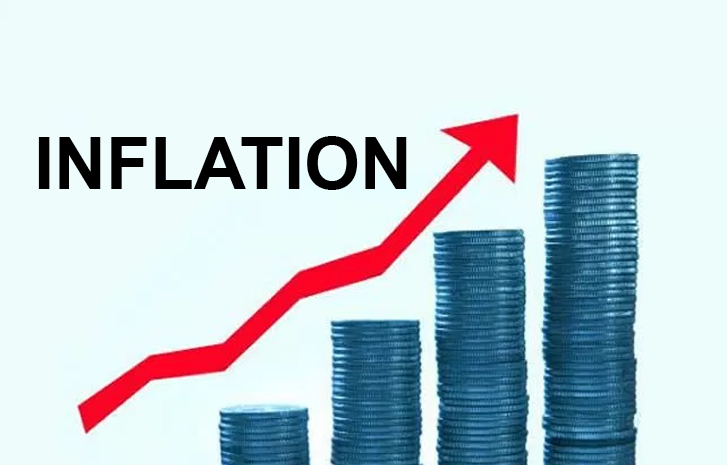The Central Bank of Nigeria (CBN) has commenced series of consultations and policy reforms to bring inflation down and strengthen the people’s purchasing power.
Speaking at a monetary policy department retreat in Lagos, he said the CBN will be consulting the International Monetary Fund (IMF) and regional central banks in South Africa, Botswana, Kenya, Ghana, which are already practicing the policy framework, on how best to implement the inflation targeting regime.
He said the policy change will enable Nigerian and other countries in African Union and ECOWAS using the format to follow a unified plan in assessing inflation figures.
He lamented that monetary policy failings and inadequacies of money supply management in price stability with the relationship between money supply and inflation getting complex as the years rolled by.
The event was attended by Jack Ree, from the International Monetary Fund; Prof Robert Mudida, Director of Research, Central Bank of Kenya (CBK); and Dr. Philip Abradu-Otoo, Director of Research, Bank of Ghana (BoG) and staff of the monetary policy department of the CBN.
He said despite regular monetary policy tightening and liquidity mop up, the economy is still awash with cash and keeping inflation figures high.
On his part, CBN Deputy Governor, Economic Policy Directorate, Dr. Kingsley Obiora, said tackling inflation will help the economy to make the best use of the low growth regime it is currently experiencing.
He said growth in the economy should also see commiserate trend in people’s purchasing power that will rekindle hope on the economy.
Speaking on “Monetary Targeting Policy Framework in Nigeria – An Appraisal of its Continued Relevance to the Price Stability Mandate”, he said Nigeria should not rely solely on monetary policy tightening to tackle inflation, but should take a look at other measures that will bring the best results against inflation.
“It has become pertinent against this backdrop for the Bank to consider the pros and cons of a transition to a new monetary policy framework in a bid to improve our ability to continue to anchor inflation expectations,” he said.
He said rapid technological advancements and increasing competition are changing not only the way countries do business but also the definition of money.
“The rapidly changing macroeconomic environment has meant that the continued reliance on money supply growth as a reliable guide to the trend of price development has become questionable, not just among Central Bankers but also among Academics”.
“In addition, the relationship between money supply growth and the money multiplier has become increasingly blurred due to the observed instability in the money multiplier, making it difficult to set appropriate targets for money supply growth,” he said.
Obiora said despite the headwinds facing the domestic economy, the Nigerian banking system remains resilient and strong. He said the Nigerian economy has had its fair share of economic crises, some emanating externally and others from within the domestic environment.
For instance, crude oil prices have fluctuated significantly over the past few years, making managing the exchange rate and inflation significantly difficult for monetary policy.
Obiora explained that following its peak of $107.95 per barrel on June 20, 2014, oil price plummeted below $30 a barrel in 2015 before commencing a gradual rise, with significant volatility, towards its current level, thus imposing huge uncertainties on government revenue streams.
“These harsh revenue cycles confronting the economy were further compounded by increased insecurity in the country, which has continued to impact the ease of doing business in Nigeria,” he said.



